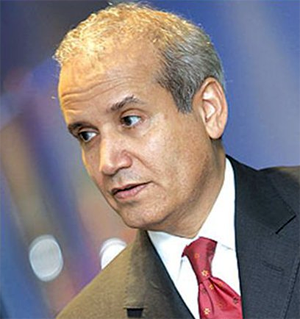Germany To Spend 200 Bn Euros To Cap Soaring Energy Costs
Germany said Thursday it would plough 200 billion euros ($194 billion) into shielding households and businesses from skyrocketing energy costs in the wake of the Russian invasion of Ukraine.
"The German government will do everything so that prices sink," Chancellor Olaf Scholz said, announcing the package which includes a gas price cap and a plan to cream off windfall profits made by energy companies little hit by soaring gas prices.
The multi-billion-euro fund was designed to ensure that Germany could contend with the fallout from rising prices "this year and next year and the one after that", Scholz said.
Germany, which has been highly dependent on imports of fossil fuels from Russia to meet its energy needs, has come under acute stress as Moscow's supplies dwindle.
Thursday's announcement came as inflation soared to a 70-year high of 10 percent in September, according to official data, driven higher by spiking energy prices.
"We find ourselves in an energy war over prosperity and freedom," Finance Minister Christian Lindner said.
Protecting consumers against the rising bills was a "crystal clear answer" to Russian President Vladimir Putin that Germany was "strong economically".
The gas price cap should cover "at least a part" of the gas used by households and businesses, while "maintaining an incentive to reduce gas use" over the winter as supplies are limited, the government said in a statement.
At the same time, the government would work to limit the price of electricity for consumers by skimming off profits made by energy firms that have profited by the higher asking prices for gas but which do not use the energy source to generate power.
Scholz also announced that the government would be scrapping a controversial gas levy that would have allowed energy companies to pass on rising costs and stabilise their business.
The announcement came after the government moved to nationalise the struggling energy company Uniper, which had been one of the biggest importers of Russian gas, while entering into discussions with other struggling firms.
At the same time, the government has looked elsewhere for alternative supplies of energy, accelerating the construction of infrastructure to import gas from further afield.
It has also prepared plans to keep two nuclear power plants running beyond the end of the year to prop up the electricity grid.





